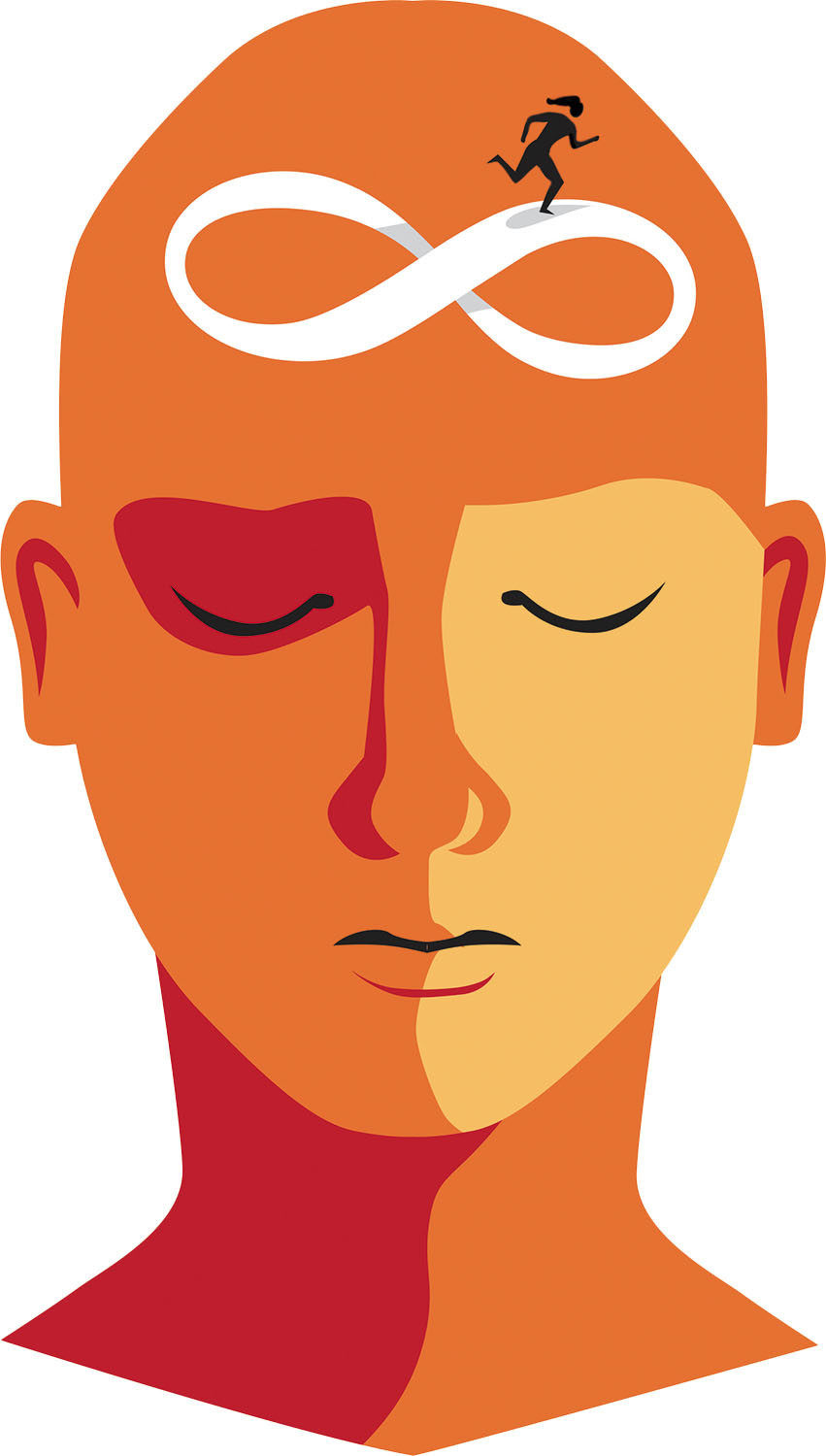
Avocado nutrition: Health benefits and easy recipes

Swimming lessons save lives: What parents should know

Preventing and treating iliotibial (IT) band syndrome: Tips for pain-free movement

Wildfires: How to cope when smoke affects air quality and health

What can magnesium do for you and how much do you need?

Dry socket: Preventing and treating a painful condition that can occur after tooth extraction

What happens during sleep �� and how to improve it

How is metastatic prostate cancer detected and treated in men over 70?

Could biofeedback help your migraines?

What is autism spectrum disorder?
Stress Archive
Articles
Reaching the climax
As they age, men can face obstacles to achieving orgasms during sex, such as anorgasmia (the inability to achieve an orgasm), delayed orgasm (where it takes 30 minutes or longer to climax). Sometimes, lack of arousal is an issue. Men can take steps to help achieve orgasms, such as introducing strategies in the bedroom, such masturbation, using sexual toys, and reading erotica.
Meditation: A heartfelt habit?
A meditation practice may help lower blood pressure and encourage people to make healthier choices when coping with stress. The two best-studied forms are Transcendental Meditation, which may lower blood pressure, and mindfulness-based meditation, which may reduce stress, anxiety, depression, and blood pressure. People can learn how to meditate at in-person or virtual classes or by using an app.
Can your blood tests predict your future risk of stress, anxiety, or depression?
A 2024 study found that people with high blood sugar and high triglycerides are more likely to develop chronic stress, anxiety, or depression later in life, compared with people who have low or normal blood sugar levels.
Caregiving crisis
Nearly three-quarters of caregivers are 50 or older, and more than 75% are women. Research has linked caregiving to many physical and mental effects, including depression, anxiety, pain, and heart disease. Many caregivers don't attend to their own health and may avoid or skip medical appointments. To address these burdens, caregivers can look into respite care, call their local Agency on Aging, ask for help from friends, and schedule telehealth visits with doctors or therapists.
Understanding the stress response
Research suggests that prolonged stress is linked to high blood pressure, clogged arteries, anxiety, depression, addictive behaviors, and obesity.
Managing intrusive thoughts
Intrusive thoughts are unwanted thoughts or mental images that make people feel uncomfortable. They're common, affecting some six million Americans and can be effectively managed using tools such as cognitive behavioral therapy. They can be associated with mental health disorders such as obsessive-compulsive disorder or post-traumatic stress disorder, but many people who experience them don't meet the criteria for a mental health disorder. The thoughts may be triggered by stress or anxiety.
Fighting fatigue
Fatigue is a common symptom that can be caused by a whole host of factors, from medical conditions to stress and poor sleep. In order to ease ongoing fatigue, it's important to investigate and treat the underlying cause. Fatigue that doesn't respond to interventions or is severe or persistent should be brought to the attention of a doctor. It may be caused by a medical condition.

Avocado nutrition: Health benefits and easy recipes

Swimming lessons save lives: What parents should know

Preventing and treating iliotibial (IT) band syndrome: Tips for pain-free movement

Wildfires: How to cope when smoke affects air quality and health

What can magnesium do for you and how much do you need?

Dry socket: Preventing and treating a painful condition that can occur after tooth extraction

What happens during sleep �� and how to improve it

How is metastatic prostate cancer detected and treated in men over 70?

Could biofeedback help your migraines?

What is autism spectrum disorder?
Free Healthbeat Signup
Get the latest in health news delivered to your inbox!
Sign Up











